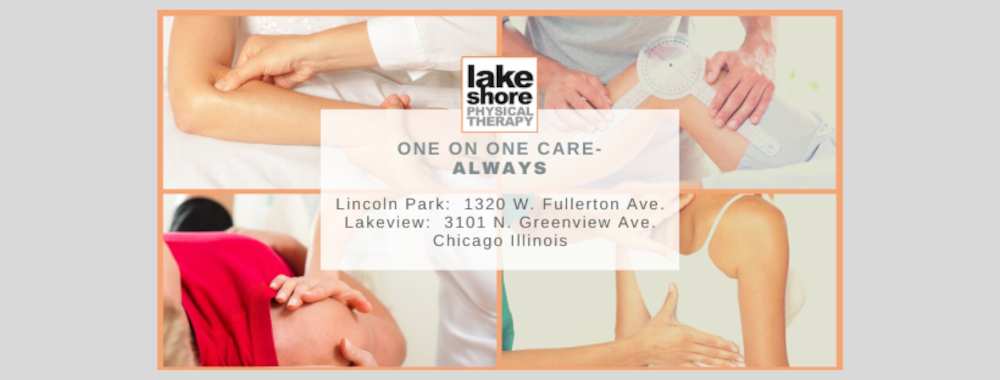 |
| by Lauren Sweeney, Office Manager |
At its core, gardening is no different than any other kind of exercise: it requires movement in multiple planes of motion, and can put strain on the knees and the back. As such, a warmup prior to gardening - a quick walk around the block, some stretches - can help prevent soreness later. As you are gardening, think about how your body is feeling: have you been crouching for a while? Doing a repetitive motion? If you find you're getting sore in one position or during one activity, change your body position or take a break. It can be tempting to plant those last five tomatoes and just be done, but switching to shoveling mulch or taking a water break can give your body the change it needs to get the job done.
As most gardening is done on the ground, knees can suffer. If you will be spending a while in a kneeling position, consider knee pads or a gardening pad to reduce pressure. If kneeling is difficult, a bucket or low chair can allow you to plant from a seated position. Gardening using raised beds can help reduce strain as well, as they do not require the gardener to get quite as low to the ground, and when shoveling or raking, be sure to keep knees soft (rather than locked).
Many gardening tasks also require a lot of our core and our backs, so it is important to be mindful of them. When moving heavy materials, such as stone or bags of mulch or soil, be sure to use proper lifting mechanics (bending from the hips, turning feet to move loads rather than twisting or lifting). If something is too difficult to lift alone, use a wheelbarrow or ask someone for help. Try not to overload shovels or trowels, and use a hose for watering instead of lugging around a watering can, especially for hanging plants.
When you are done for the day, finish up with some light stretching. And don't forget to take breaks for food and water! It is easy to misjudge the amount of work we have been doing when we are engaged in a task like gardening. If you do experience a new pain working outside, don't hesitate to stop in our office - we'd be happy to help you get back to enjoying your garden.
Resources:
https://www.moveforwardpt.com/Resources/Detail/gardening
http://www.rehab.msu.edu/wellness/garden.html

